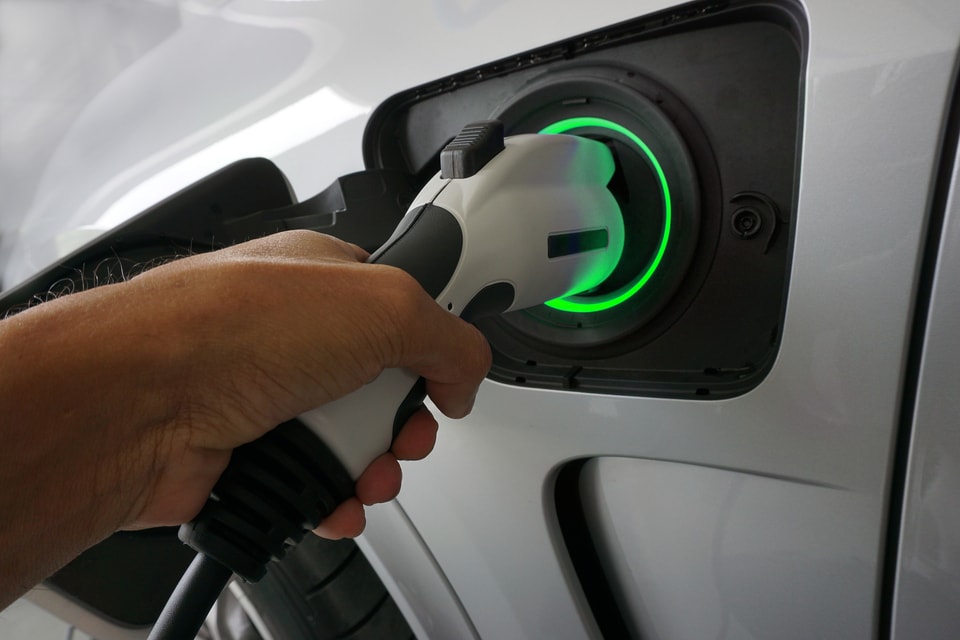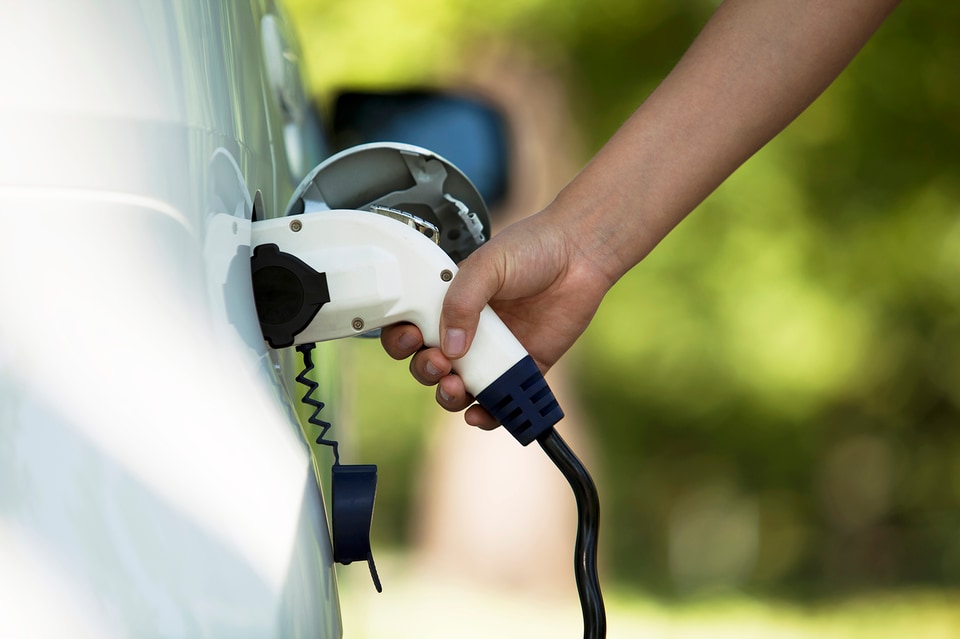Acura EV Information | Gainesville FL, Ocala & Lake City
Which EV is Right for Me?
Benefits of Plugging In
96%
Owning an EV
All You Need to Know About Owning an Electric Vehicle or Hybrid
Have you heard about the alternative fuel vehicles in Gainesville? They are becoming increasingly popular in the area as many drivers switch from gas to electric power. If you're intrigued by Electric Vehicles (EVs) and you want to know about what these vehicles can do for you, you can check out some of the key points and benefits of driving an EV in Ocala or Middleburg, FL.
Information about EVs
More Efficient Driving
EVs will cut out your trips to the gas station and allow you to travel on 100% electric energy. They will also be equipped with distinct EV technology and increased performance benefits for your commutes in Alachua. Some EVs can take you up to 350 miles nonstop with a full charge. The benefit comes when you don't have to toss $50-$100 to refill your tank.
EVs will help You Save Money
This is the first thing you will notice once you switch to an EV. While some of today's gas-powered vehicles can take up to $100 of gas, or more, to fill up your tank, an EV refill is only a fraction of that cost. Since EVs gain their fuel from electrical energy, once you plug your vehicle into an electric socket, you'll have enough power to get you around Lake City, FL.
There are three separate charging levels for your EV. Level one uses a standard outlet and will give you about 2-5 miles of range per hour. A Level two charger can be installed in your garage by a professional electrician and provide 10-20 miles of range per hour. Level three chargers are considered "fast chargers" and are located at commercial locations. These level three chargers will give you about 60-80 mile range in about 20 minutes-and it will cost about $10 to completely recharge your battery.
Apprehension About EVs
While some may be a bit wary of nabbing an EV because of limited access to charging ports, there's no need to be. Some apps will direct you to the nearest public charging station, and soon, these locations will be just as common as regular gas stations. But, if you're worried about not being able to locate a charging station when you need it, there are hybrid models that provide both gas and electric power. And, since there are dual power methods, you'll have an improved driving range over EV models.
Key Acura of Gainesville
Maintenance is straightforward, and you can expect your battery to last between 100,000-200,000 miles, and your annual maintenance will be half as much as a gas-powered car, truck, or SUV. When you add the federal tax credits of up to $7,500, the deal for an EV or Hybrid model just gets sweeter. If you have any further questions about EVs or Hybrids, contact our friendly team at Key Acura of Gainesville. We'll give you all the information you need to make the best decision for you and your family.
Understanding Charging
Charging times vary depending of the type of charger used.
Level 1 chargers use a standard household outlet and charge about 2-5 miles of range per hour, making Level 1 a good choice for plugin hybrid vehicles but not battery electric vehicles.
Level 2 chargers can be installed at your home by a professional electrician and charge about 10-20 miles of range per hour. A good choice for any EV when charging overnight or all-day is possible.
Level 3 fast chargers are the most efficient and can be found at commercial locations. Level 3 can charge about 60-80 miles of range in about 20 minutes, making it a good choice for any EV when a quick charge is needed on the go.

Charging from Home
For plugin hybrid vehicles a standard outlet (Level 1) will be enough for overnight charging. For battery electric vehicles, a Level 2 charger will require professional installation by a licensed electrician. If you live in an apartment or condo, consider talking with the property owner about installing a charger or use a nearby public charger. Talk to our sales staff to find out more about charging from home.

Battery Care
Most batteries will last between 100,000 and 200,000 miles when properly cared for. With battery technology continually advancing, that number will continue to increase. If you can keep your battery between 20% and 80% charged most days and avoid extremely hot temperatures, you can expect your maintenance to be minimal.

Charging Stations Near Key Acura of Gainesville
Common Questions
Other advantages of owning an EV include:
- Eligible EVs may also qualify for HOV lane access, which are normally restricted to vehicles with multiple passengers.
- Many electric companies offer lower rates based on the time of use. With EVs, you can save money by charging during off-peak times.
- If you're able to charge from work or home, there's usually no need to stop to refuel like you would in a gas-powered vehicle.
- EVs produce zero tail-pipe emissions resulting in cleaner air and better health.
This will vary depending on the local price of electricity and gas and where you are charging (at home or public charger), but most EV owners can expect to save on fuel cost. A recent Consumer Reports study found the “typical EV owner who does most of their fueling at home can expect to save an average of $800 to $1,000 a year on fueling costs over an equivalent gasoline-powered car.”
Source: Benjamin Preston. October 08, 2020. EVs Offer Big Savings Over Traditional Gas-Powered Cars.
https://www.consumerreports.org/hybrids-evs/evs-offer-big-savings-over-traditional-gas-powered-cars/A recent Consumer Reports study found “maintenance and repair costs for EVs are significantly lower over the life of the vehicle – about half – than for gasoline–powered vehicles, which require regular fluid changes and are more mechanically complex. The average dollar savings over the lifetime of the vehicle is about $4,600.”
Source: Benjamin Preston. October 08, 2020. EVs Offer Big Savings Over Traditional Gas-Powered Cars.
https://www.consumerreports.org/hybrids-evs/evs-offer-big-savings-over-traditional-gas-powered-cars/- Level 1 chargers use a standard household outlet and charge about 2-5 miles of range per hour, making Level 1 a good choice for plugin hybrid vehicles but not battery electric vehicles.
- Level 2 chargers can be installed at your home by a professional electrician and charge about 10-20 miles of range per hour. A good choice for any EV when charging overnight or all-day is possible.
- Level 3 fast chargers are the most efficient and can be found at commercial locations. Level 3 can charge about 60-80 miles of range in about 20 minutes, making it a good choice for any EV when a quick charge is needed on the go.
Ready to Shop?
How Can We Help?
* Indicates a required field